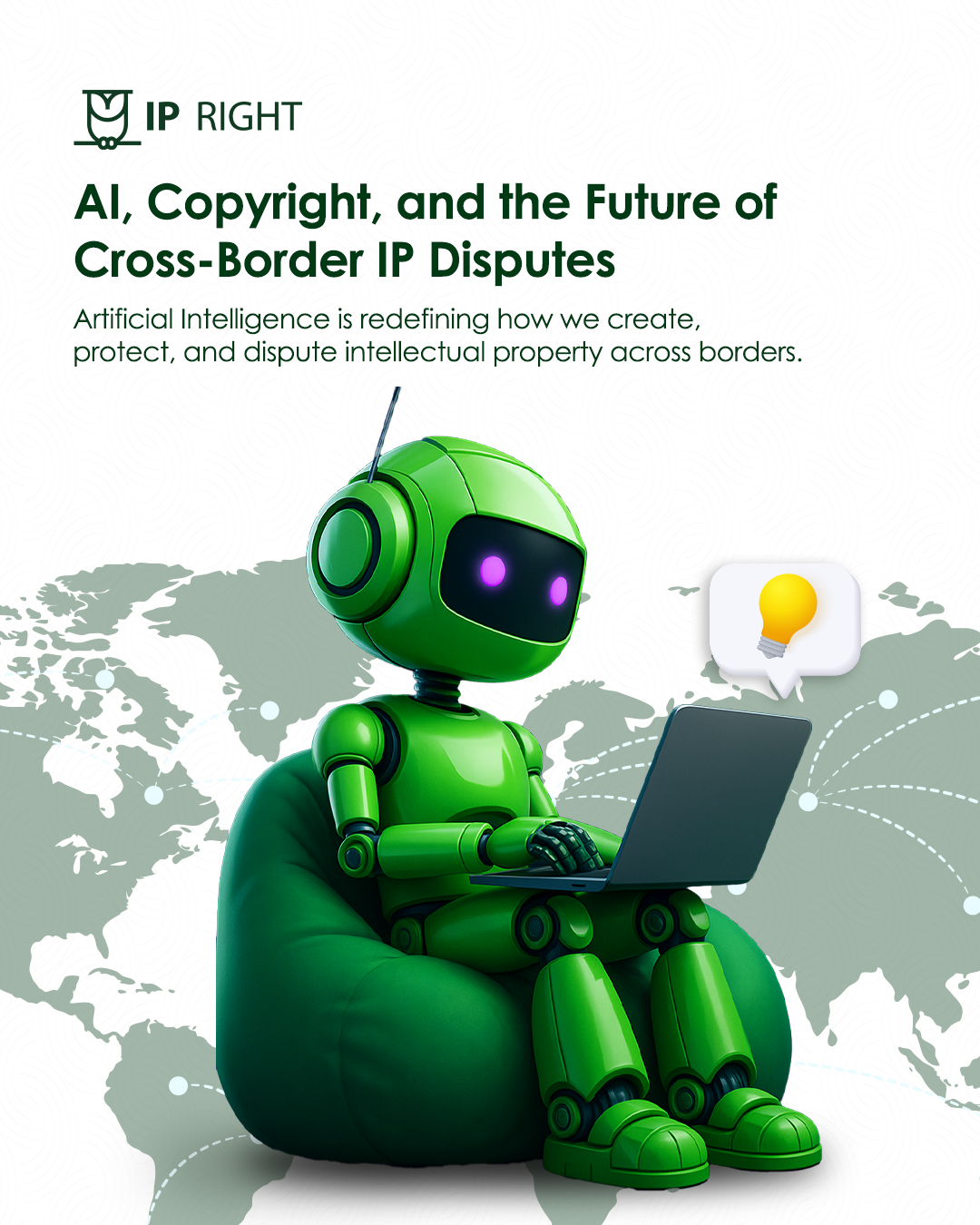

One of the key questions emerging in IP law is authorship. If an AI generates a piece of music, a logo, or written content, who holds the copyright? Traditionally, copyright law protects works created by a human author, but AI-generated works often challenge this principle.
This ambiguity can lead to disputes, especially when:
IP law is inherently territorial. This means that a copyright or trademark registered in one country may not automatically be recognized elsewhere. With AI-generated content being distributed globally in seconds, cross-border enforcement becomes increasingly complex.
Key concerns include:
Enforcement challenges: Courts are still developing approaches to resolve disputes involving AI works.

Businesses, creatives, and legal professionals must proactively address these emerging challenges:
AI is reshaping the landscape of intellectual property, raising questions that span copyright, trademarks, and patents. As content and innovations become increasingly global, cross-border IP disputes will likely grow in complexity.
At IP Right, we guide businesses, creatives, and tech companies through the evolving IP landscape, helping them protect their rights and navigate international challenges.